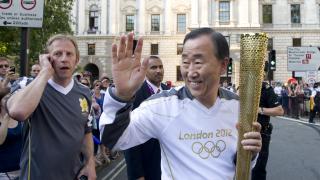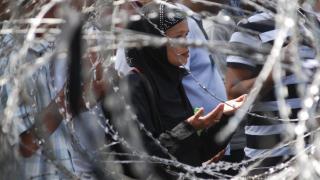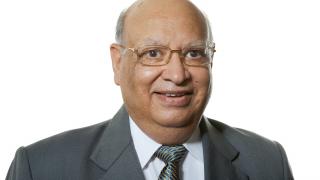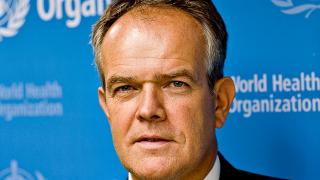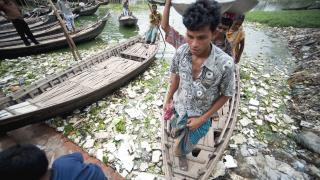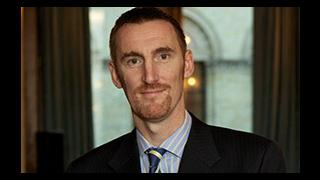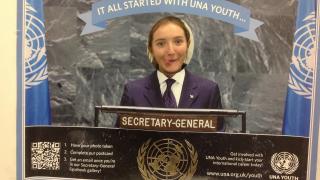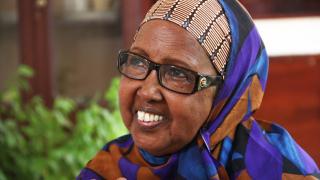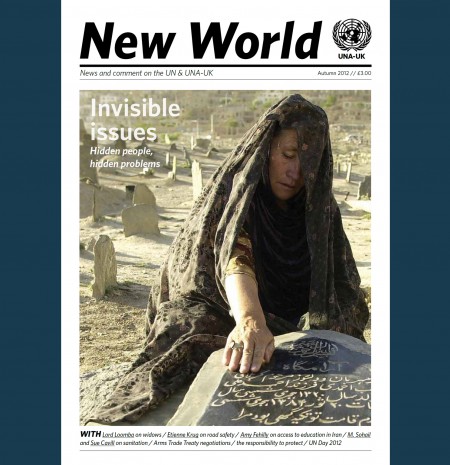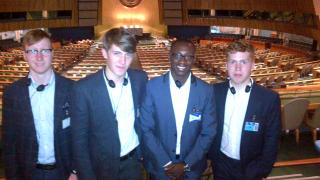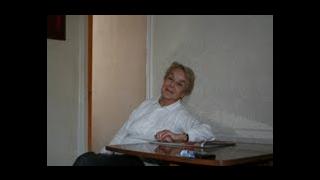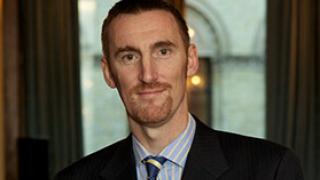
United Nations Day – 24 October – is an opportunity to reflect on all that the UN achieves. Each year there is plenty to celebrate as the UN makes progress across a huge range of issues. The UN provides opportunities for peaceful diplomacy on highly sensitive and challenging topics. The UN’s many agencies offer vital interventions such as humanitarian relief, support for development, and protection of the environment. Of course there are imperfections in the structures and systems of the UN. This is understandable given the rapidly-changing world in which the UN now operates. Such challenges do not mean the UN is no longer of vital importance. Indeed, it is almost impossible to imagine a world as stable and peaceful as ours without the UN. That said, there are still a number of ongoing conflicts around the world and it is the UN that provides the legitimacy, mandate and opportunity for such conflicts to be resolved through negotiation and compromise.
Moving towards the non-violent resolution of disputes is far from easy. To date, it has proved impossible in Syria. The geopolitical complexities of the Syrian case illustrate weaknesses within the UN system at a political level. However, the humanitarian response to such atrocities demonstrates the vital importance of the UN and effectiveness of UN agencies. Take, for example, the way the UN is responding to the 250,000 refugees who have fled to neighbouring countries. In the short term these people need shelter, food, water, security, and medical provision, while in the longer term they will need support to return home and reconstruct their lives. No other organisation can manage and deliver the necessary response in a comparable way. And it is the UN that has allowed, first Annan, and now Brahimi, as envoys to the country, to keep open, however narrowly, the channels for a negotiated solution. Brahimi’s appointment is extremely significant as the fierce determination with which he will apply himself offers hope that when the high-water mark of blood and suffering has finally been reached, a route through the UN will be found for establishing a more stable situation on the ground.
For the sake of the millions of people affected by conflicts in Syria and elsewhere, we, ‘the peoples’, cannot give up on the UN. We must work to strengthen those parts of the UN that remain fit for purpose and reshape those that need adjustment. Since the last UN Day, several significant developments have been accomplished. Charles Taylor has begun a 50-year jail term for crimes against humanity; a new Arms Trade Treaty has been proposed; South Sudan has transitioned to independence; Burma is coming in from the cold; the Rio+20 conference pledged to create sustainability goals; and the UN has set in motion a process for establishing a new post-Millennium Development Goals framework.
UN Day allows for the recognition of multilateral successes and such recognition forms part of the process for re-inspiring us global citizens to strive harder for further progress towards a safer, fairer, more sustainable world. This month, I am calling on our members and supporters to do three things: first, sign our petition to demonstrate to the UK government the support that exists for the UN in this country. Second, show your support by displaying one of our UN Day 2012 posters. And finally, help us to build a critical mass of support for the UN by asking interested friends and colleagues to become UNA-UK supporters. By signing up thousands more supporters, we can significantly increase our voice and impact so that UNA-UK is strengthened for all the work we have ahead of us.

